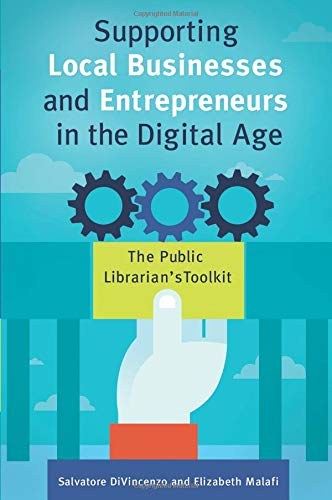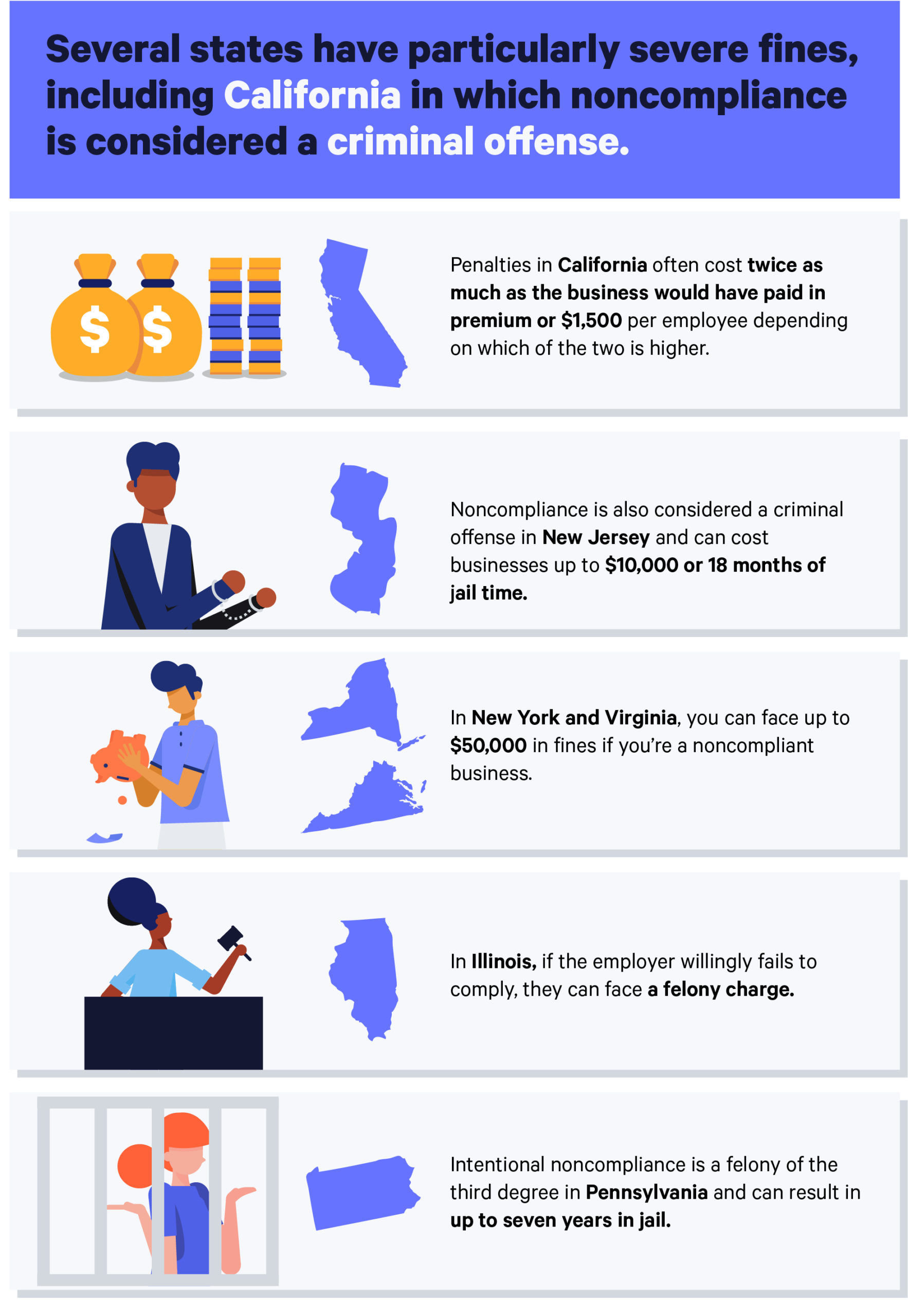Understanding How Most Small Business Administration Loans Are Actually Made By Private Lenders
Guide or Summary:IntroductionWhat Are SBA Loans?The Role of Private LendersTypes of SBA LoansBenefits of SBA LoansChallenges in the SBA Loan Process**Transl……
Guide or Summary:
- Introduction
- What Are SBA Loans?
- The Role of Private Lenders
- Types of SBA Loans
- Benefits of SBA Loans
- Challenges in the SBA Loan Process
**Translation of the phrase:** Most small business administration loans are actually made by
---
Introduction
When entrepreneurs look for funding to start or expand their businesses, they often turn to the Small Business Administration (SBA) for assistance. However, it’s essential to understand that **most small business administration loans are actually made by** private lenders. This article will delve into the intricacies of SBA loans, how they work, and the role of private lenders in the process.
What Are SBA Loans?
SBA loans are government-backed loans designed to help small businesses secure financing that might otherwise be difficult to obtain. The SBA does not directly lend money; instead, it provides a guarantee to lenders, which reduces the risk they take on when lending to small businesses. This guarantee makes lenders more willing to offer loans to entrepreneurs who may not have a robust credit history or significant collateral.
The Role of Private Lenders
As mentioned earlier, **most small business administration loans are actually made by** private lenders, including banks, credit unions, and other financial institutions. These lenders partner with the SBA to provide loans under various programs, such as the 7(a) loan program, the CDC/504 loan program, and microloans.

Private lenders evaluate the loan applications based on their criteria, including creditworthiness, business plans, and financial projections. The SBA's backing allows these lenders to offer more favorable terms, such as lower interest rates and longer repayment periods. This partnership is crucial in ensuring that small businesses have access to the capital they need to thrive.
Types of SBA Loans
There are several types of SBA loans available to small businesses, each designed to meet different needs:
1. **7(a) Loans:** These are the most common SBA loans, providing up to $5 million for various business purposes, including working capital, equipment purchases, and real estate.
2. **CDC/504 Loans:** These loans are specifically for purchasing fixed assets like real estate or large equipment. They typically involve a partnership between a private lender and a Certified Development Company (CDC).

3. **Microloans:** These smaller loans, usually up to $50,000, are designed for startups and small businesses that need less capital. They often come with educational resources to help entrepreneurs succeed.
Benefits of SBA Loans
There are numerous benefits to obtaining an SBA loan through private lenders:
- **Lower Interest Rates:** Because of the SBA guarantee, lenders can offer loans at lower interest rates compared to conventional loans.
- **Longer Repayment Terms:** SBA loans often come with longer repayment periods, which can ease the financial burden on small businesses.

- **Access to Capital:** Entrepreneurs who may not qualify for traditional loans have a better chance of securing funding through SBA loans.
Challenges in the SBA Loan Process
While SBA loans can be advantageous, they are not without challenges. The application process can be lengthy and complex, requiring extensive documentation and detailed business plans. Additionally, some lenders may have stricter requirements than others, making it essential for entrepreneurs to shop around and find the right lender for their needs.
In summary, understanding the landscape of SBA loans is crucial for any small business owner seeking financing. **Most small business administration loans are actually made by** private lenders, who play a vital role in the process. By leveraging the SBA's guarantees, these lenders can provide essential funding to help small businesses grow and succeed. Entrepreneurs should familiarize themselves with the types of SBA loans available and be prepared for the application process to maximize their chances of securing the funding they need.